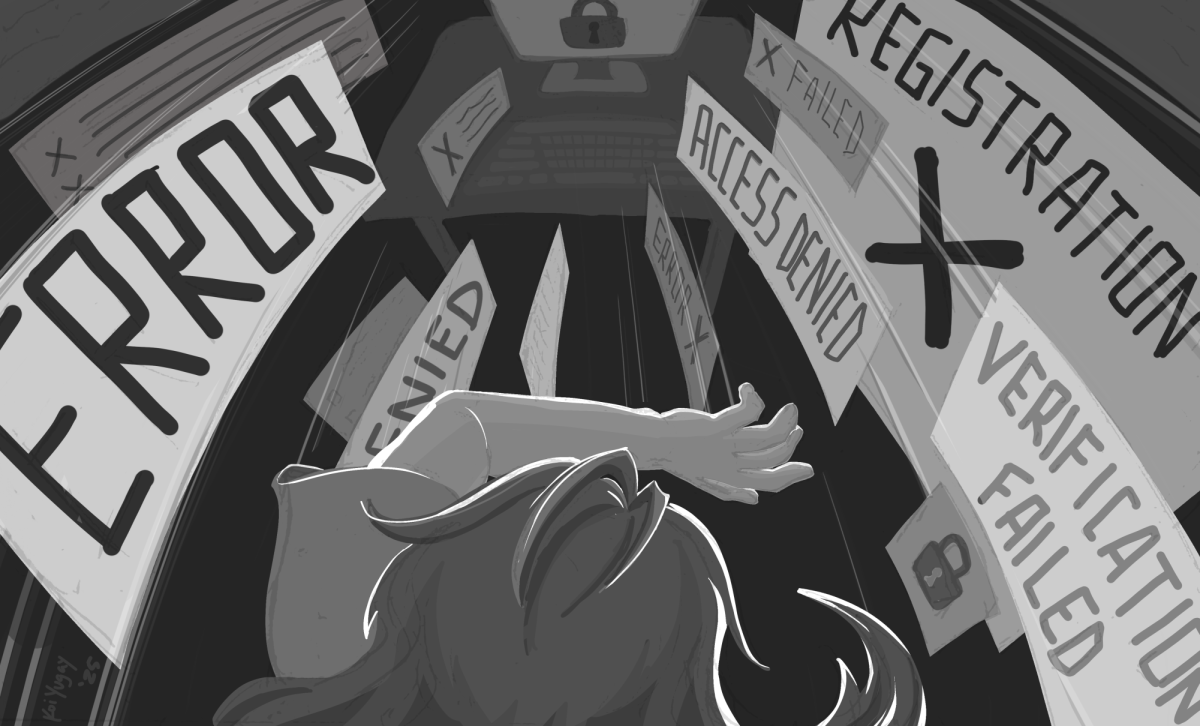Student conduct on campus is a necessary and integral part to a successful education. Prior to the changes, the EC Student Code of Conduct was a confusing and difficult document to understand.
With the new changes approved in January, the code of conduct is now very clear and easy to understand, for the students and instructors alike.
Previously the guidelines for misconduct and what actually warranted an offense were ambiguous and vague.
Students were able to discern what sort of actions were inappropriate and would get them into trouble.
It’s very important for students at EC to be able to understand what constitutes an infraction as many students do not understand the concept of citing work properly.
Thankfully these changes made to the code of conduct will now allow students to fully realize what sorts of actions will indeed put them into the area of misconduct.
The previous code of conduct, while outlining the various on-campus behavioral infractions that could land students in deep trouble, was unclear on academic infractions.
With the new wording, the code of conduct now is clear on “Academic Honesty”, which includes various infractions such as plagiarism and cheating.
While the major changes included the wording of the code of conduct, and what is actually deemed an infraction, changes were also made to how to handle such infractions. These changes signify that the new code of conduct is beneficial for not only students but for faculty members as well.
Students and faculty now have new procedures to follow when the code of conduct has been violated, including verbal warnings.
Students should be thankful for these changes put forward by Dean Tom Lew, Harold Tyler, director of student development and other faculty members, for without the newly structured literature, students may not have been aware of that some of their actions may be considered as an infraction against the code of conduct.
The faculty here at EC has done a great job of assessing the old literature and revising it in a more effective manner for the benefit of both students and instructors.
Students should recognize the effort being made by the board of trustees at EC, and understand that while there needs to be a code of conduct on campus, that the current policies are for the protection of the students and their education.
These changes, while small, are greatly beneficial to both students and faculty at EC.
Categories:
Code of conduct will benefit campus
April 8, 2010
More to Discover






